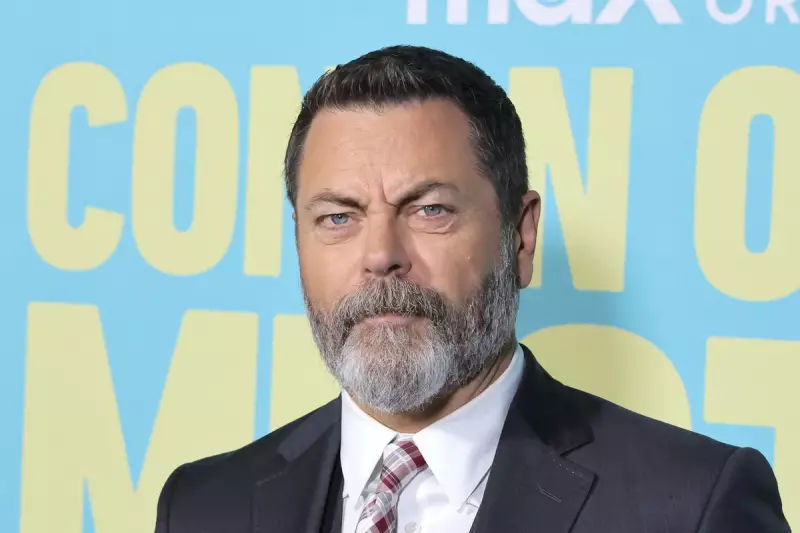
Nick Offerman, the actor beloved for his role as the libertarian Ron Swanson in Parks and Recreation, has launched a forthright critique of those who voted for Donald Trump, leaving little room for ambiguity.
In a recent interview, Offerman expressed a profound sense of bafflement and disappointment, directly questioning the ethical stance of Trump's electorate. His comments underscore the deep and persistent cultural schism that continues to define American society.
A Stark Moral Question
Offerman didn't mince words when addressing the core of his concern. He framed his argument around a fundamental question of character, suggesting that supporting Trump forces a difficult introspection about one's own values. The actor implied that the political choice is not merely a difference of opinion but a reflection of deeper moral and ethical commitments.
His perspective, while sharp, comes from a place of observing the tangible consequences of political decisions. Offerman highlighted the impact on marginalised communities and the health of democratic institutions, moving the conversation beyond partisan talking points.
More Than Just Ron Swanson
While fans might associate him with the small-government, steak-loving Ron Swanson, Offerman made it clear that his personal views are distinct. He acknowledged the irony, noting that his fictional persona might unexpectedly appeal to some Trump supporters, a notion he finds personally troubling.
This distinction is crucial. Offerman is using his platform not as a caricature but as a concerned citizen, urging for a more nuanced and compassionate public discourse. His comments add to a growing chorus of public figures speaking out on the perceived dangers of populist rhetoric.
The Unhealed Wounds of a Divided Nation
The interview ultimately paints a picture of a nation still grappling with the aftermath of the Trump presidency. Offerman's blunt assessment reflects a widespread anxiety about the future of American democracy and the challenges of finding common ground in an era of intense polarisation.
His words serve as a potent reminder that for many, the political is deeply personal, and the choices made at the ballot box are seen as a direct indicator of the country's collective soul.





